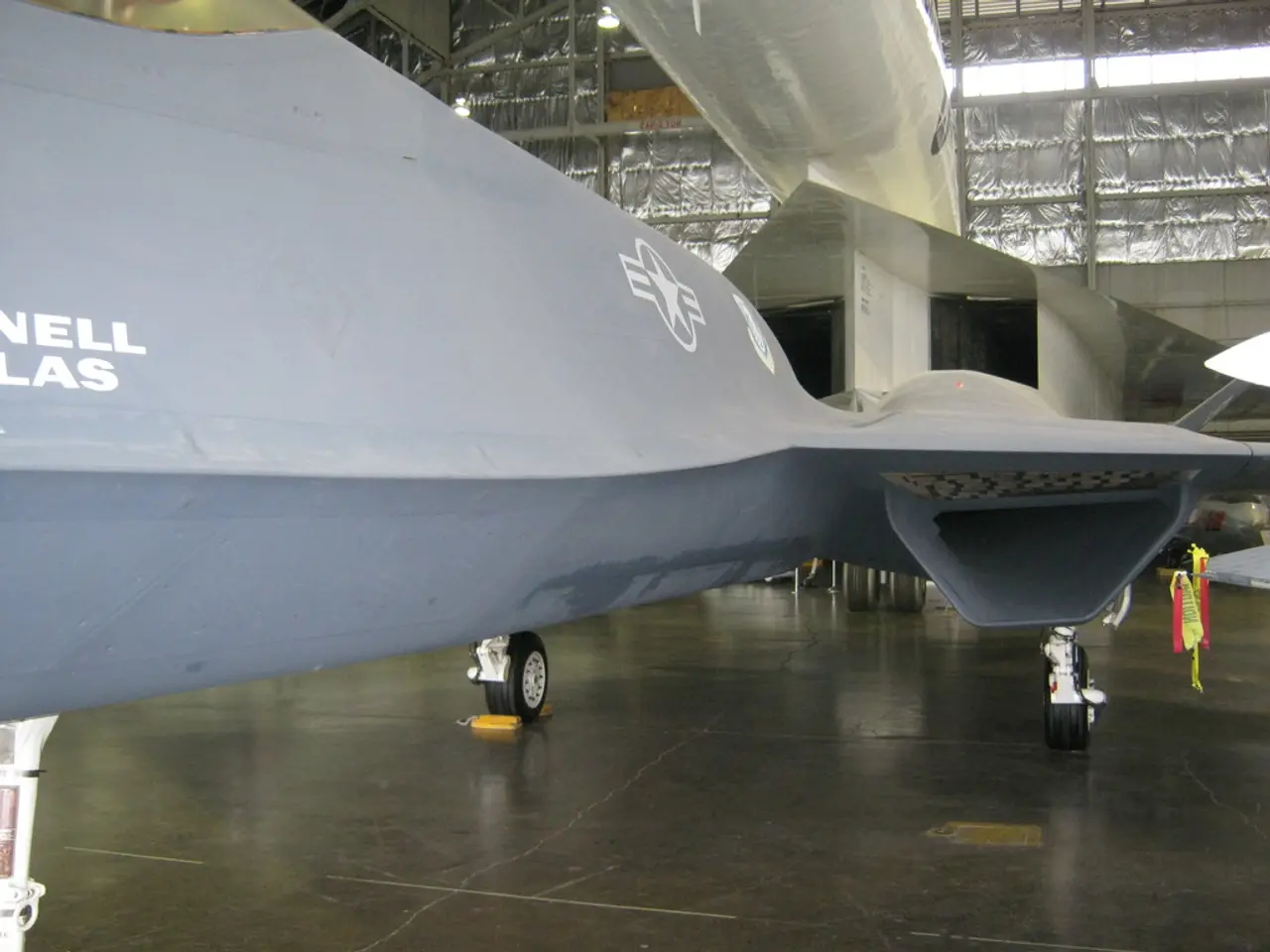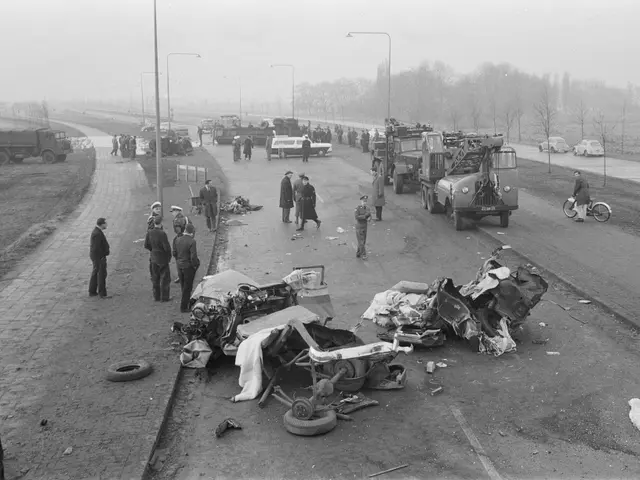Aviation Career Advancement: Your Journey from Trainee to Airline Captain!
Ever dreamt of soaring through the skies, navigating the world from a bird's eye view, and ensuring the safety of passengers? If you're considering a career as an airline pilot, here's a comprehensive guide to help you embark on this exciting journey.
Meeting the Essential Requirements
To become an airline pilot in the U.S., there are certain prerequisites you must meet:
- Age and Medical Requirements
- You must be at least 23 years old to obtain a full Airline Transport Pilot (ATP) certificate (21 for a restricted ATP).
- Hold a valid FAA first-class medical certificate to fly airlines.
- Demonstrate English language proficiency at ICAO Level 4 or above.
- Education and Initial Training
- While a college degree isn't strictly required, many pilots pursue degrees related to aviation or professional flight, which can aid in employment.
- Begin flight training by securing a student pilot permit, then earn private pilot and commercial pilot certificates, completing required instrument and multi-engine ratings.
- Accumulating Flight Time
- Aim to accumulate at least 1,500 total flight hours, which includes training, instructing, and other flying experience required before acquiring the ATP certificate.
- Obtain the Airline Transport Pilot (ATP) Certificate
- Pass FAA ATP written and practical exams. The ATP certificate is mandatory for serving as an airline first officer or captain.
- Employment at a Regional Airline
- Many pilots start at regional airlines to build experience and flight hours required to move to major airlines.
- Advancement to Captain
- After sufficient experience and seniority, pilots can advance from first officer to captain rank at their airline.
The Journey Ahead
The path to becoming an airline pilot involves meeting regulatory flight hours and certifications, often supported by formal education, starting with initial pilot training and certificates, progressing through regional airline jobs, and eventually advancing to captain rank at major airlines.
Aspiring pilots must demonstrate patience, dedication, and a willingness to continually acquire knowledge to succeed. Pursuing opportunities that provide more intricate flying experiences can foster growth in both technical and interpersonal proficiencies.
Exploring the attainment of advanced certifications such as airline transport pilot certificates or multi-engine airplane licenses can yield augmented remuneration and heightened prospects for career progression.
Success in the airline pilot industry requires a consistent demonstration of superior performance, particularly concerning elevated safety metrics. Aspiring pilots who aim to ascend to captaincy are advised to progress methodically through each stage, allowing for the gradual attainment of the captain position.
The allure of becoming an airline pilot extends beyond personal inclination, holding monumental significance with far-reaching implications for the seamless and equitable transportation network that sustains the reliable conveyance of both indispensable cargo and precious human lives. The pursuit of a career as an airline pilot leads to profound gratification and the experience of rewarding scenarios that transcend the boundaries of typical routines as pilots traverse the global expanse, ensuring the happiness of people through the secure traversal of the skies above cities on a daily basis.
- The airline pilot industry often requires pilots to hold advanced certifications such as airline transport pilot certificates or multi-engine airplane licenses, which can lead to higher pay and better career opportunities.
- To progress methodically towards becoming a captain, aspiring pilots should demonstrate superior performance and focus on achieving the necessary flight hours and certifications.
- Pursuing a career as an airline pilot offers more than personal satisfaction; it contributes significantly to the reliable transportation of essential goods and human lives worldwide.
- As they travel globally, airline pilots ensure the happiness of people by facilitating safe daily air travel over cities.








